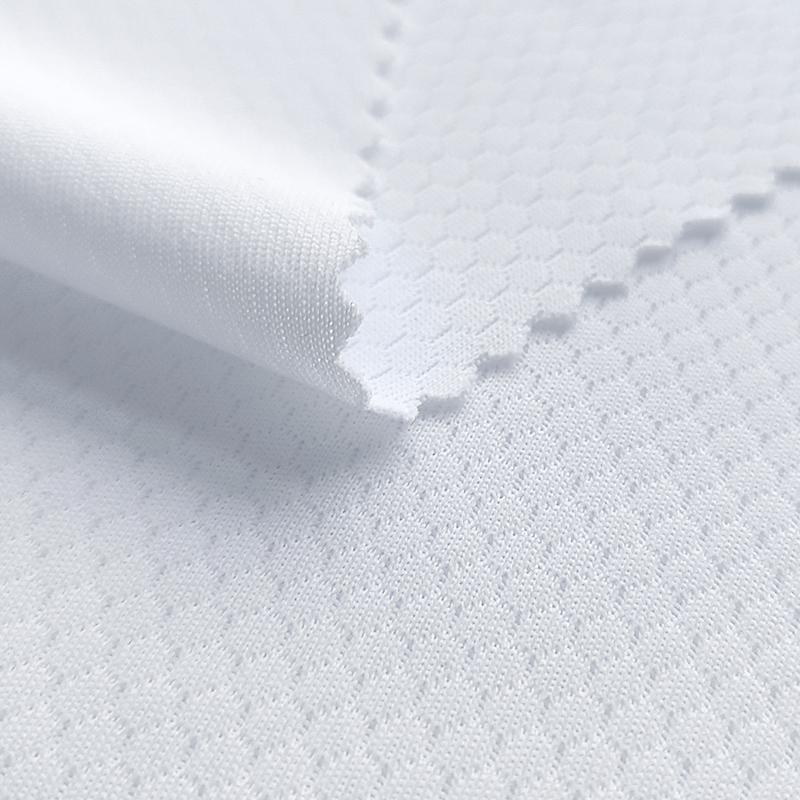Introduction:
What is polyester?Polyester fabric has become a cornerstone of the modern textile industry, renowned for its durability, versatility, and affordability. In this blog, we’ll explore the fascinating world of polyester, diving into its history, production process, benefits, common applications, and tips for care and maintenance.
The History of Polyester
Polyester was first synthesized in the early 1940s by British chemists John Rex Whinfield and James Tennant Dickson. Their discovery paved the way for the commercial production of polyester fibers, which began in earnest in the 1950s. The fabric quickly gained popularity due to its resilience and ease of care, revolutionizing the fashion and textile industries.
How is the polyester fabric?
Polyester fabric is a synthetic material made from polymer fibers, primarily derived from petroleum-based substances. It’s one of the most commonly used fabrics worldwide due to its durability, wrinkle resistance, and affordability. Here are some popular aspects of polyester fabric:
Durability: Polyester is highly resistant to wear and tear, making it ideal for items that undergo frequent use. Such as polyester fabric clothing(polyester fabric shirt, polyester fabric dress), polyester bag fabric,etc.
Wrinkle Resistance: Unlike natural fibers, polyester retains its shape and resists wrinkling, making it low-maintenance.
Moisture-Wicking: Polyester’s hydrophobic nature allows it to wick moisture away from the body, making it perfect for activewear. Such as the polyester fabric shirt,polyester fabric dress,So polyester fabric is good for summer.
Quick Drying: The fabric dries quickly, which is beneficial for both apparel and home textiles.
Affordability: Polyester is cost-effective, providing a cheaper alternative to natural fibers without compromising on quality.
Color Retention: The fibers hold dyes well, ensuring vibrant and long-lasting colors.
Uses of polyester
Fashion: From everyday polyester fabric clothing to high-performance sportswear. Any apparel items for business, formal or casual wear can be made from polyester. From socks and underwear to suits and everyday shirts, polyester is a staple in the fashion world. In addition to 100% polyester fabrics, He can also be combined with other fabrics to make more fabric types and can be used to make anything cotton fibers. as like polyester nylon fabrics, polyester spandex fabrics, polyester mesh fabrics, 60 cotton 40 polyester fabrics, and so on. polyester fabric has endless applications in apparel.
there are the other industry that polyester fabric refer to;
1.Home Textiles: Polyester fabric is widely used in home textiles for various purposes due to its numerous beneficial properties. Here are some common applications of polyester fabric in home textiles. Such as the Bedding: bed sheets(pillowcases, comforters, and blankets),
Curtains and Drapes, Table Linens, Rugs and Carpets.
2.Industrial Applications: The fabric is employed in making ropes, safety belts, and other industrial products that require strength and resilience.
3.Outdoor Gear: Polyester is favored for tents, backpacks, and outerwear because of its weather-resistant properties.
4.Bottles and Packaging: Beyond textiles, polyester (in the form of PET) is used extensively in the packaging industry, particularly for beverage bottles.
Polyester is found in several products and industries. Its durability makes it ideal for various items ranging from clothing to consumer products and industrial applications.Polyester’s versatility is reflected in its widespread use across various industries.
How to care the polyester fabric
Caring for polyester fabric is relatively straightforward, and following these tips can help maintain its appearance and longevity:
Machine Washing: Polyester fabrics can typically be machine washed in warm water. Use a gentle cycle and mild detergent to avoid damaging the fibers. Avoid using bleach, as it can weaken polyester fabric and cause discoloration.
Cold Water Rinse: After washing, rinse polyester fabric in cold water to remove any remaining detergent and help prevent wrinkling.
Drying: Polyester fabric dries relatively quickly, either on a low heat setting in the dryer or by air drying. Avoid high heat settings, as they can cause shrinkage or damage to the fabric.
Ironing: Polyester is naturally wrinkle-resistant, but if ironing is necessary, use a low to medium heat setting. It’s best to iron polyester fabric while it’s still slightly damp or use a pressing cloth to avoid direct contact with the iron.
Storage: Store polyester garments or textiles in a cool, dry place away from direct sunlight to prevent fading and degradation of the fabric. Avoid hanging polyester items on wire hangers, as they can cause stretching or distortion.
Stain Removal: Treat stains promptly by blotting with a clean cloth and mild detergent or stain remover. Avoid rubbing, as it can push the stain deeper into the fabric. Rinse thoroughly with cold water after treating the stain.
Avoiding Abrasion: Polyester fabric can pill or develop fuzziness with repeated friction or abrasion. To minimize this, turn garments inside out before washing and avoid washing polyester items with abrasive materials like denim or garments with zippers or Velcro.
Dry Cleaning: Some polyester items, especially those with delicate embellishments or linings, may be labeled as dry clean only. Follow the care instructions on the garment’s label to avoid damaging the fabric.
By following these care tips, you can keep your polyester fabric looking its best and prolong its lifespan.
Conclusion
Polyester has a significant impact on various industries, especially the fashion industry, the development of polyester fabric in fashion has been marked by innovation, versatility, and adaptation to changing consumer preferences and industry trends. As technology continues to advance and sustainability becomes increasingly important, polyester will likely continue to play a significant role in the fashion landscape.
And more details can get through the article: What Is Polyester? A Complete Guide
Post time: Jun-03-2024


